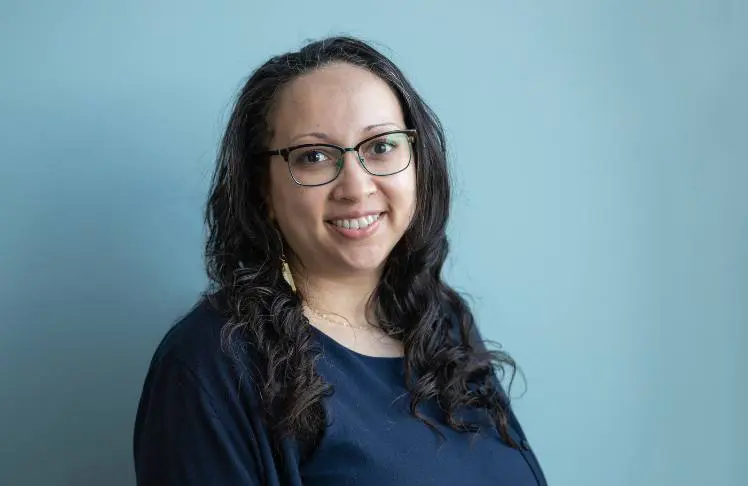
By Aneesa Grant, The Portland Medium
Last week, the Multnomah Board of County Commissioners has confirmed Rachael Banks as the Director of the Health Department. Banks, who has been instrumental in guiding Oregon and Multnomah County through the challenging times of the COVID-19 pandemic, is now poised to tackle the significant health challenges facing the County.
Chair Jessica Vega Pederson selected Banks for appointment following an extensive nationwide search. Banks, currently serving as the Oregon Public Health Director, began her journey within the department as a culturally specific community health worker and gradually rose to the position of Public Health director. Her statewide leadership role in mid-2020 further exemplified her qualifications.
The Board members in attendance then voted unanimously to confirm Banks for the position. (Commissioners Lori Stegmann and Sharon Meieran were absent for the meeting and the vote.)
Banks will now oversee the operations of the Health Department, which employs 1,600 full-time staff across five divisions: Public Health, Behavioral Health, Integrated Clinical Services (comprising a substantial primary care and dental clinic system), Corrections Health, and the Health Officer division.
Like health services nationwide, the Health Department faces a post-pandemic era marked by critical staff shortages and increasing demands in the realms of behavioral health and substance use disorders.
Chair Vega Pederson expressed her unwavering support, saying, “Our health department deserves a leader like Rachael in this moment. We believe in a future that includes health, wellness, and safety as achievable goals, especially for Multnomah County residents who are currently our most vulnerable. And it is going to take Rachael’s unique perspective and values to lead this way.”
Commissioner Susheela Jayapal echoed Chair Vega Pederson’s enthusiasm and acknowledged the challenges ahead.
“You are so well qualified to step back in at, I would argue, a time that is in some ways even more complicated and difficult,” she said. “Responding to a virus — a worldwide virus — was unprecedented. But now that that has receded to some extent, we are facing all of the really deep-rooted challenges that existed and were exacerbated by that.”
Commissioner Julia Brim-Edwards also expressed support, citing a discussion with Banks about the fentanyl crisis. She emphasized the need for innovation and bold action in tackling the crises, saying, “And I think that’s exactly what we need.”
Chief Operating Officer Serena Cruz expressed gratitude to all those involved in Banks’ selection, including Jenny O’Meara, the County’s Talent Acquisitions Manager; Karras Consulting, which led the national recruitment; and Harold Odhiambo, Chair of the Community Health Center Board, the patient-majority board governing the Multnomah County Health Department’s community health centers.
The appointment of Banks fills a vacancy that arose in January 2023 when then-Director Ebony Clarke assumed leadership of the Behavioral Health division at the Oregon Health Authority.
Cruz recalled Banks’ impactful role during the early days of the COVID-19 pandemic, particularly in addressing the disproportionate impact on the Latine/Latinx community.
“I can tell you that we breathed a huge sigh of relief because we felt seen and heard and prioritized in a way that the pandemic was affecting the community. So you had a huge impact on me, Rachael, at that time that was so precarious and dangerous. And I know you had that impact on many other community leaders across the state,” said Cruz.
In her response, Banks expressed gratitude to the Board, her family members in the audience, Valdez Bravo, Reed, and all Health Department staff. She reaffirmed her commitment to supporting the dedicated workforce, addressing the workforce shortages, and combating the alarming rise in overdoses and behavioral health crises in the community.
“I love the Health Department,” Banks said. “I know firsthand how dedicated people are, how passionate they are, the beautiful communities that we serve. My top priority is really supporting our workforce, restoring the workforce that has worked so hard, short-staffed, long hours, dedicated to community — and really supporting that stabilization.”
“Also top of mind is stopping the unnecessary and devastating overdoses we’re seeing in our community as well as folks have talked about, the behavioral health crisis,” she added.















